Children's Services
Ultimate Guide -
Nursery and Daycare

What are the best daycare centres in the UK?
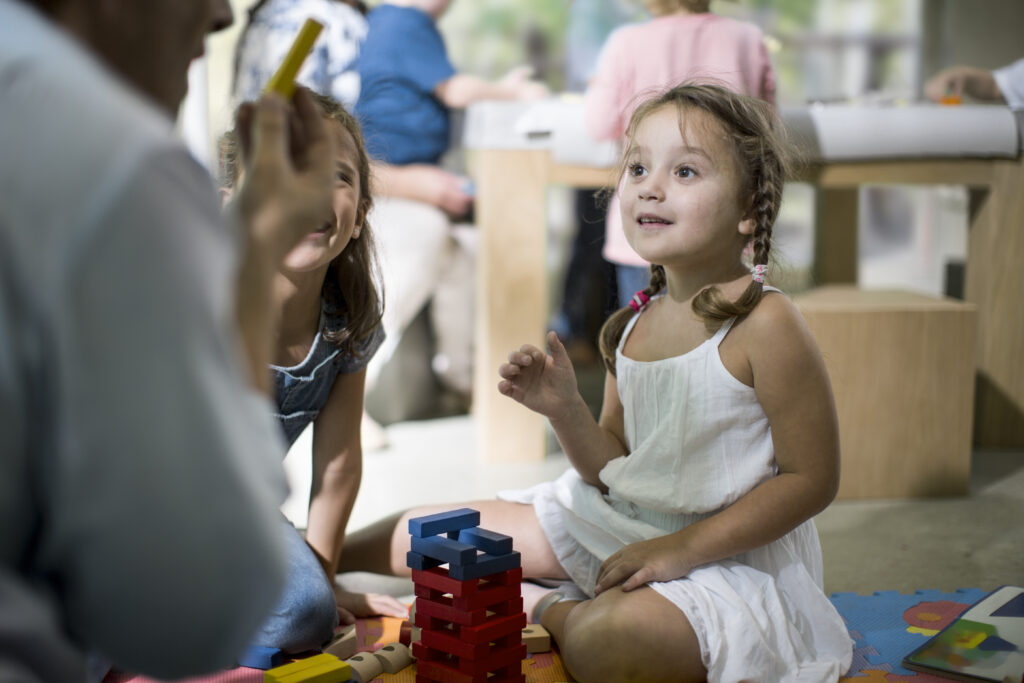
The best daycare centres are those that consistently achieve high Ofsted ratings, maintain excellent staff-to-child ratios, and provide a safe, stimulating environment. While there is no single national ranking, parents can identify quality providers by checking Ofsted reports, visiting centres, and considering recommendations from other families.

How do I know if a nursery is right for my child?
A nursery is right for your child if it feels safe, welcoming, and supportive of their needs. Parents should observe how staff interact with children, ask about daily routines, and check how the nursery supports early learning through the EYFS framework. Trusting your instincts during a visit is often the best guide.
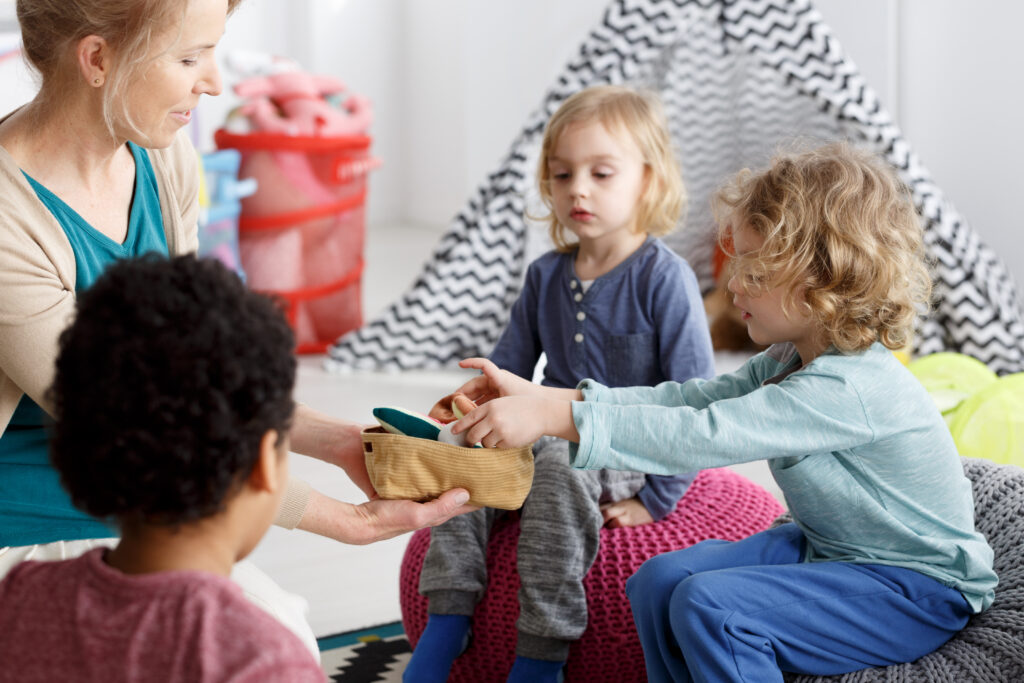





What’s the difference between day care centres and nurseries?
Day care centres and nurseries both provide professional childcare for young children, but nurseries typically place greater emphasis on early years education and development. Day care centres may focus more on extended hours of supervision. In practice, the terms are often used interchangeably, and both must meet Ofsted standards.
How do nurseries support early childhood development?
Nurseries support development by following the Early Years Foundation Stage curriculum, which promotes learning through play, structured activities, and social interaction. They encourage language skills, physical development, creativity, and emotional wellbeing. Progress is monitored by staff and shared with parents.
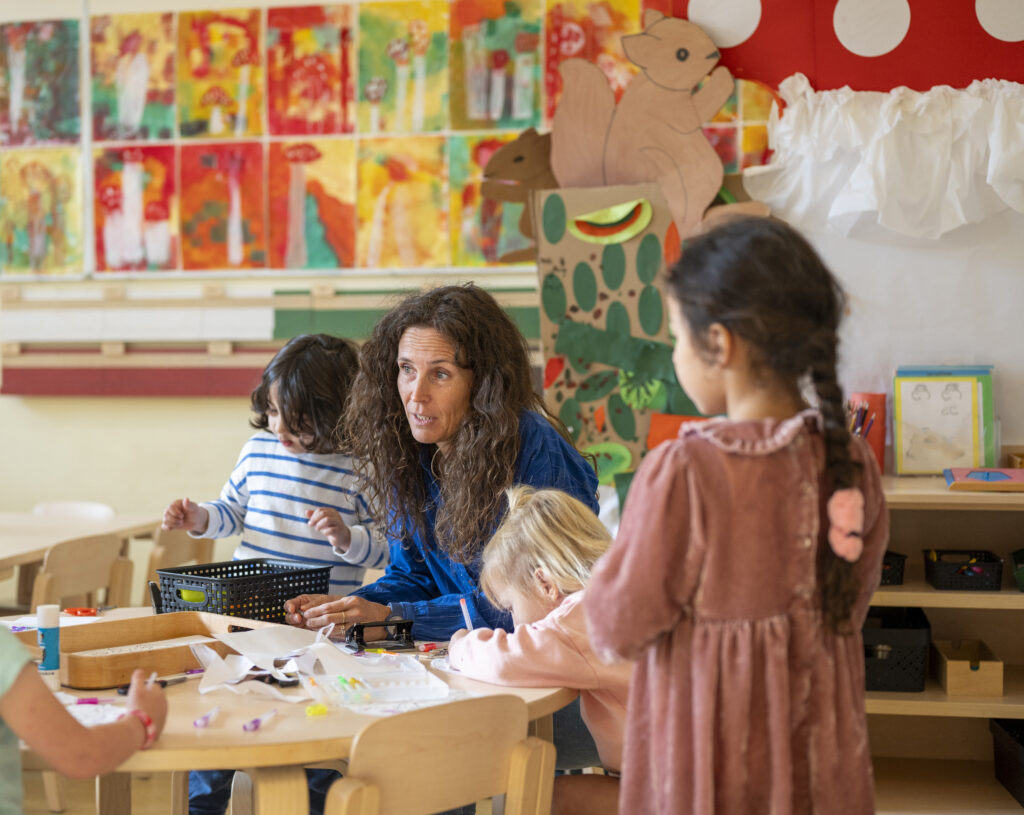

Are daycare centres safe for infants?
Yes, daycare centres can be safe for infants if they are properly regulated and staffed by trained professionals. Ofsted registration ensures minimum safety and quality standards are met. Parents should confirm safe sleeping arrangements, hygiene practices, and appropriate staff-to-child ratios before enrolling an infant.
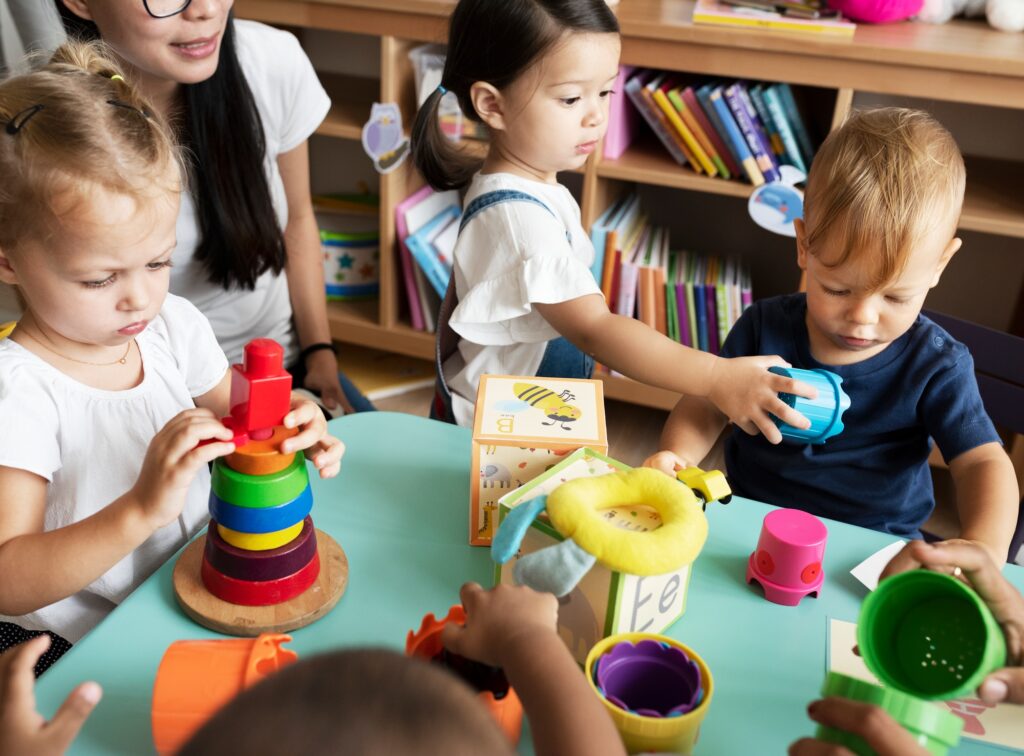

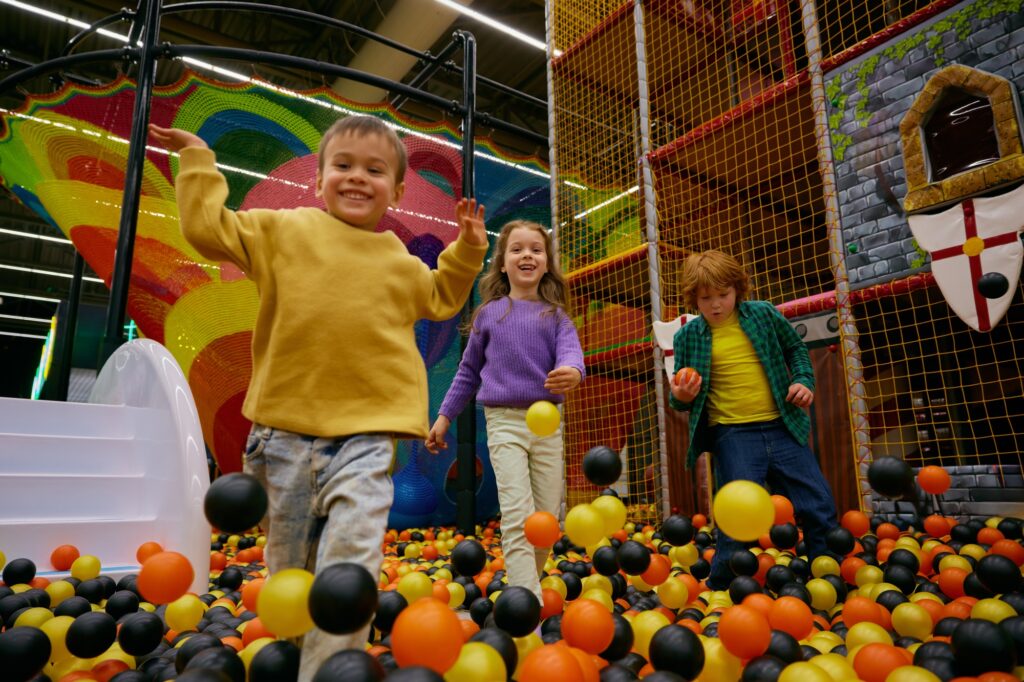



How do I compare nurseries and day care centres near me?
Parents can compare nurseries and day care centres by looking at Ofsted ratings, reviews, fees, facilities, opening hours, and staff qualifications. Visiting multiple providers is recommended to get a clear impression of the environment, cleanliness, and interaction between staff and children.
What should I look for when visiting a day care centre?
When visiting a day care centre, look for cleanliness, security measures, staff engagement with children, and the availability of age-appropriate toys and activities. Ask about routines, mealtimes, and how the centre manages emergencies or illnesses. A welcoming atmosphere and attentive staff are good indicators of quality.


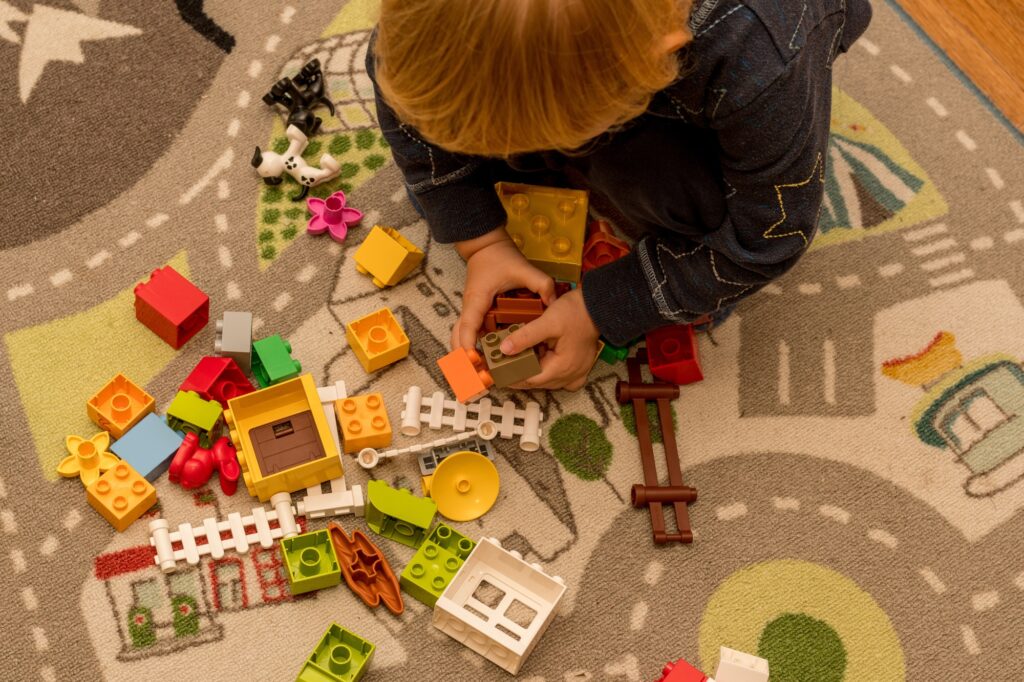



How do nurseries prepare children for school?
Nurseries prepare children for school by developing social skills, independence, and early literacy and numeracy abilities. They follow the EYFS framework, which ensures children are confident, curious, and ready for structured learning. Group activities also help children adapt to classroom routines.
What are the top-rated nursery schools in my area?
Top-rated nursery schools can be found by checking Ofsted reports, which grade providers as Outstanding, Good, Requires Improvement, or Inadequate. Parents can also use online childcare directories, local council listings, and reviews from other parents to identify strong local options.

Do nurseries provide meals and snacks for children?
Most nurseries provide meals and snacks, though policies vary. Many offer balanced, nutritious menus that cater to dietary needs and allergies. Parents should ask about food preparation, portion sizes, and whether meals are included in the overall fees. Some nurseries may also encourage healthy eating habits through educational activities.

